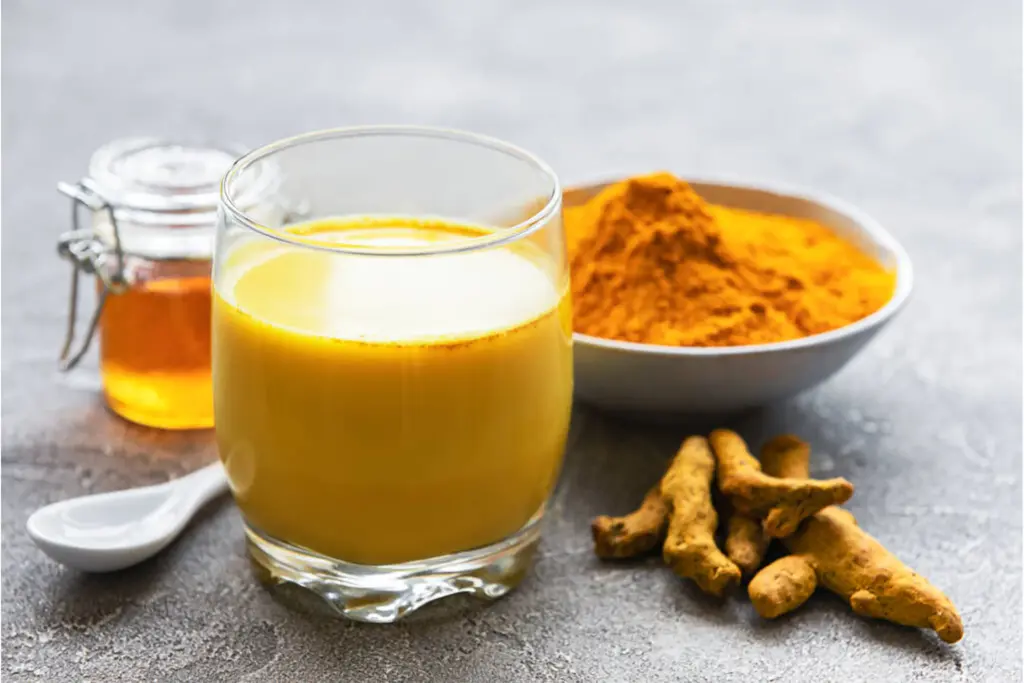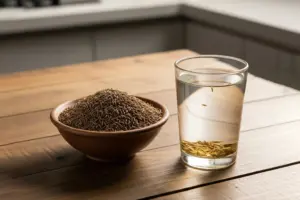
Ayurvedic Herbs Benefits: Ayurveda is among the world’s oldest healing traditions and remains a go-to for people who prefer gentle, plant-based care. At its core are herbs, used not only to ease symptoms but also to restore balance between body and mind. This guide walks you through the standout Ayurvedic herbs and how they may help.
Ashwagandha: The stress buster
If you’ve been feeling on edge, worn out, or mentally foggy, ashwagandha can be a gentle place to start. Often called Indian ginseng, this traditional root is used as an “adaptogen”, a term for herbs that help the body cope with everyday stress. Many people find that with steady use, ashwagandha takes the sharpness off anxious thoughts and supports a calmer baseline through the day.
Also Read | Can Ayurveda or home remedies help with acidity?
Ashwagandha is typically consumed in powder or in easy-to-use capsules. If you prefer the traditional route, mix a small spoonful of the powder into warm milk (dairy or plant-based) with a touch of honey about an hour before bed; many people treat this like a soothing nighttime ritual.
Triphala: The gut healer
Your gut has a big say in how you feel day to day, and that’s where Triphala can help. Literally “three fruits”, Triphala blends amla (Indian gooseberry), haritaki, and bibhitaki in a classic Ayurvedic formula. Together, these botanicals are used to gently support digestion, encourage regular bowel movements, and keep the system balanced without being harsh. Many people also value amla’s naturally high vitamin C content, and the overall “cleansing” routine is traditionally associated with clearer skin and refreshed eyes. Triphala is usually taken as a powder or tablet, often in the evening with warm water.
Turmeric: The golden healer
Turmeric is a bright yellow spice that gives many Indian dishes a warm colour and earthy flavour. Its key active compound, curcumin, is widely studied for antioxidant and anti-inflammatory support, which is why turmeric is often used when joints feel achy or stiff and when you want a little help soothing day-to-day body discomfort. Many people also reach for it during seasonal bugs to support the body’s natural defences; it’s traditionally used in routines that focus on gentle liver support.

You can work turmeric into your day in simple ways: sprinkle it into dals, sabzis, soups, or scrambled eggs, or make a golden milk at night by warming milk (dairy or plant-based) with a pinch of turmeric and a touch of honey. A small crack of black pepper can help your body absorb curcumin better.
Tulsi: The sacred protector
Tulsi, also called holy basil, is a sacred plant in India, but its value isn’t only symbolic. This small, leafy herb grows easily in home gardens and shows up in many forms: fresh leaves for tea, powdered leaf, and tulsi-infused oils.
Traditionally, it’s used for its antiviral and antibacterial support and is a go-to during bouts of coughs, colds, or mild asthma symptoms. Like ashwagandha, tulsi is considered an adaptogen, meaning it helps the body cope with everyday stress. One of the simplest ways to use it is as a gentle herbal tea: add a few fresh leaves (or a pinch of dried/powdered tulsi) to hot water, let it steep, and sip throughout the day.
Ayurvedic herbs such as ashwagandha, turmeric, and tulsi can offer natural support, whether you’re trying to ease stress, settle digestion, fend off seasonal bugs, or just feel more balanced.
Also Read | How Ayurveda helps with stress and anxiety in modern world
Health disclaimer: This content is for education only and isn’t a substitute for personalised medical advice. Always consult your doctor for guidance specific to you.








